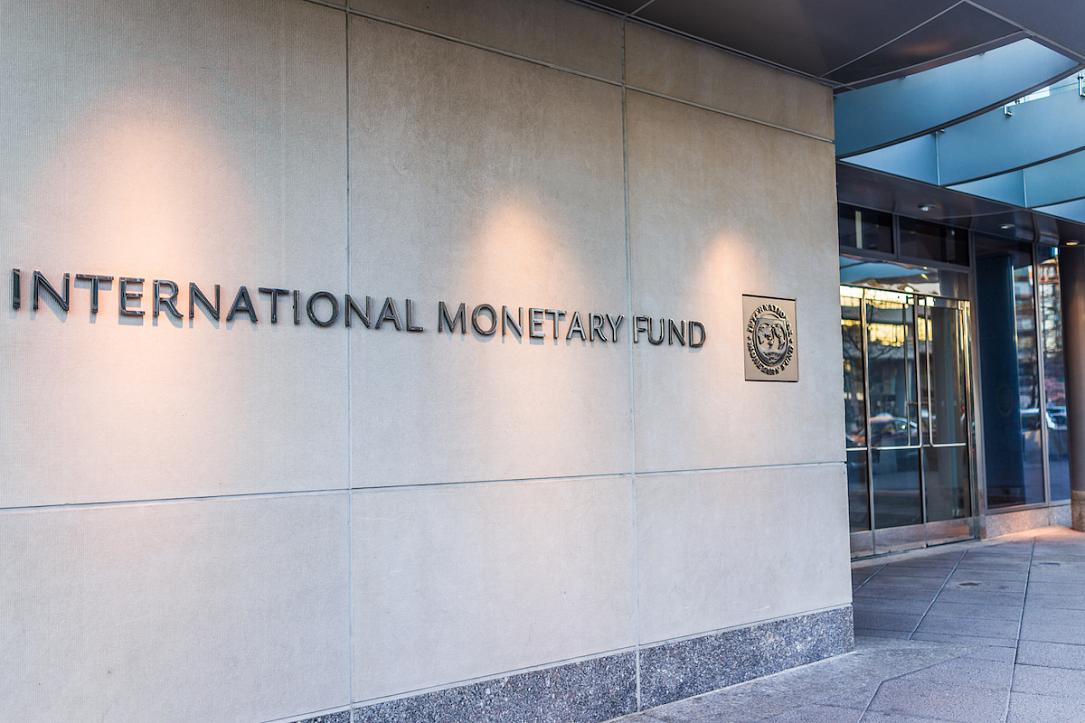IMF: Romania needs to change policies to avoid boom-bust scenario

Romania needs to change its macroeconomic policies to reduce the likelihood another severe crisis, a so-called boom-bust scenario, the International Monetary Fund (IMF) experts concluded upon wrapping up their talks in Romania under regular Article IV Consultations the Fund holds with each member state periodically.
“Consumption-led growth has remained strong, raising people’s incomes toward those in advanced Europe. However, macroeconomic imbalances have also deepened: fiscal and current account deficits have widened and inflation pressure is rising again. Unless policies change course, the progress in convergence could suffer a setback that hurts the real incomes of retirees and poor people particularly hard,” the IMF delegation said.
“A more balanced policy mix is needed to reduce the likelihood of such a setback: first and foremost, fiscal consolidation complemented by monetary tightening and greater exchange rate flexibility. Additionally, policies need to become more predictable and governance must improve to enhance the medium-run prospects of income convergence,” IMF representatives concluded.
The head of the fund’s team of experts, Jaewoo Lee highlighted two issues to be addressed most urgently: gradual phasing out of the programme of state subsidies for mortgage loans (Prima Casa / First Home) and dropping the new benchmark (IRCC) designed by the government to replace the ROBOR interbank market benchmark in calculating interest rates on mortgage and consumer loans.
“This index is very volatile. The source of volatility is the lack of liquidity. Liquidity is not necessarily linked to the condition of the economy. However, when used as an index, a volatility cost can get to be borne by customers. Another problem is that when we go to the bank, it is not normal to pay for an index that tracks something that has already happened in the banking system, it should be reported to an index that tracks the future state of the banking system,” says Jaewoo Lee quoted by Ziarul Financiar daily.
Romania’s Finance Ministry issued a press release on a more optimistic note. “At the end of bilateral consultations between the Ministry of Finance and the IMF, the IMF findings of the executive board showed improvement of the economy, low unemployment and improving financial sector. Romania benefits from robust economic growth, an increase in new jobs and a low public debt,” the press release reads.
The external deficit “may have been prompted” by the import of capital goods, which is good, the ministry explained. The boom-bust scenario is inappropriate for current, moderate current account developments, the ministry concluded.
editor@romania-insider.com
(Photo source: Shutterstock)













